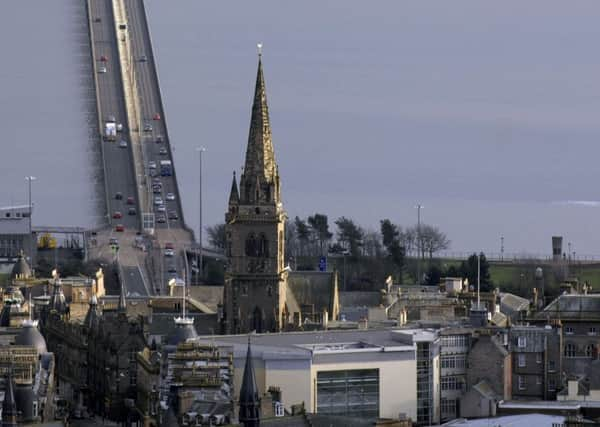Scots medical schools '˜dominated' by most affluent students


Researchers led by a team from Dundee University uncovered stark difference between the UK nations and different medical schools after scrutinising 30,000 applicants between 2009 and 2012.
In Scotland, 35 per cent of applications who were accepted came from the most affluent postcodes, compared to just 1.9 per cent in the most deprived areas.
Advertisement
Hide AdAdvertisement
Hide AdMore than a third of successful Scottish applicants came from private schools, which was way above the UK average of 26.6 per cent.
The majority of applicants in all postcodes had parents in higher end occupations, the study published in the journal BMC Medical Education found.
Medical students have historically come from more affluent backgrounds, leading to concerns over whether the profession can accurately mirror society.
The results show that modifying the university’s selection process in unlikely to help as so few people from poorer backgrounds apply in the first place, said Professor Bruce Guthrie, from Dundee University’s Medical School.
He said: “Admission to medical school determines the composition of the medical profession in the future and, based on our analysis, medicine in the UK will remain dominated by those from more affluent backgrounds.
“There is no quick fix to widening participation, partly because gaining a place remains, rightly, largely determined by academic ability.”
The inequality between the most and least affluent was greatest in Scotland and Wales, although researchers said comparisons between countries are difficult because they measure affluence and deprivation differently.
Doctors leaders expressed concerns over lack of encouragement in schools, as well as financial barriers facing poorer candidates.
Advertisement
Hide AdAdvertisement
Hide AdJamie Henderson, chair of BMA Scottish Medical Students Committee said: “As far as possible the medical profession should be reflective of the diverse population that it serves. Access to higher education should be based on academic merit and aptitude rather than socio-economic background or schooling opportunities.”
Health Secretary Shona Robison said she was looking forward to receiving the Commission on Widening Access’ final recommendations in the spring.
She added: “This is a complex issue which affects the whole of the UK and we’re working closely with Scotland’s medical schools to achieve progress.
“We have made progress on access but we accept the need to do more.”